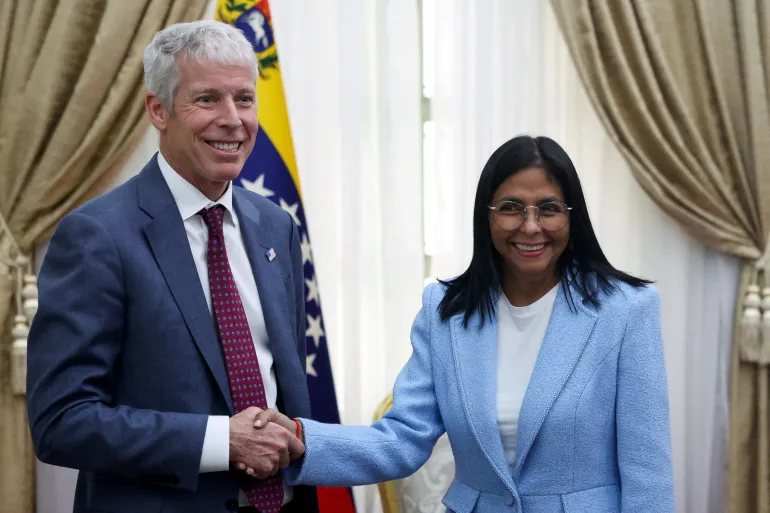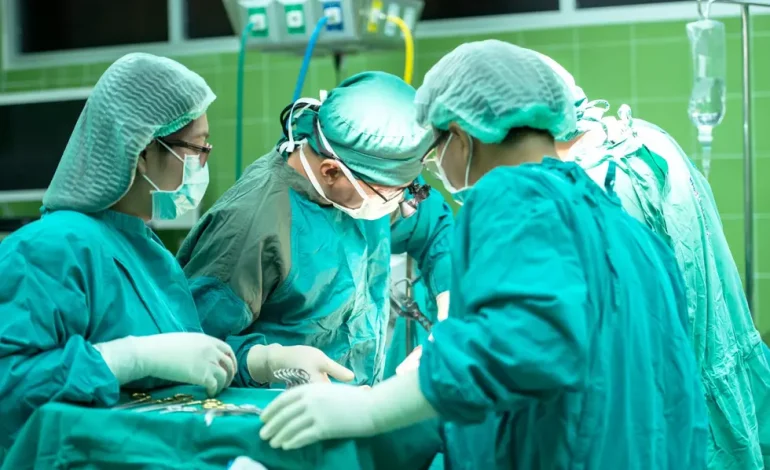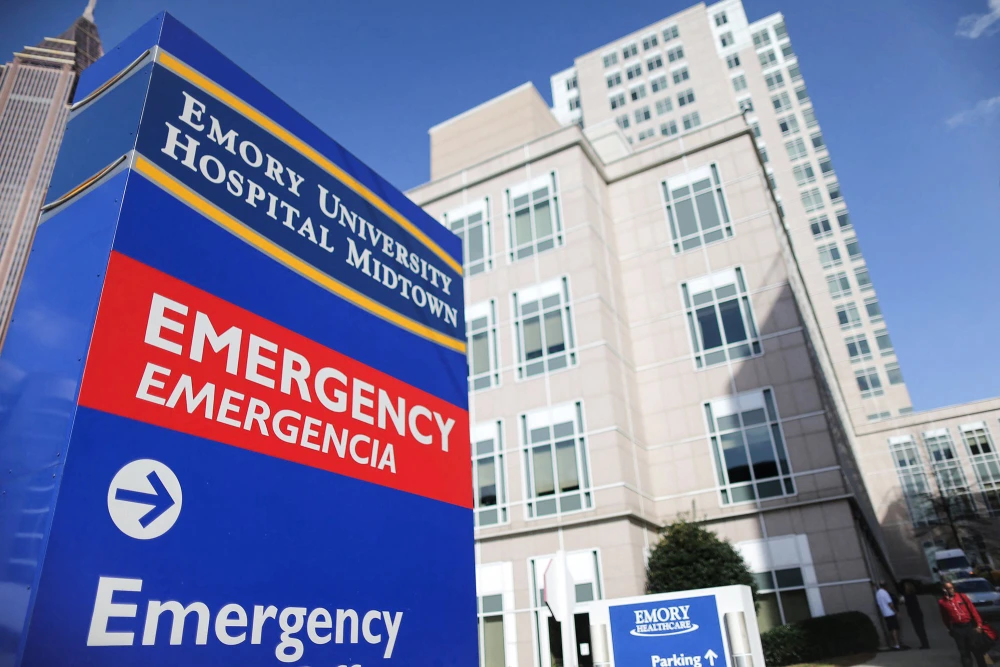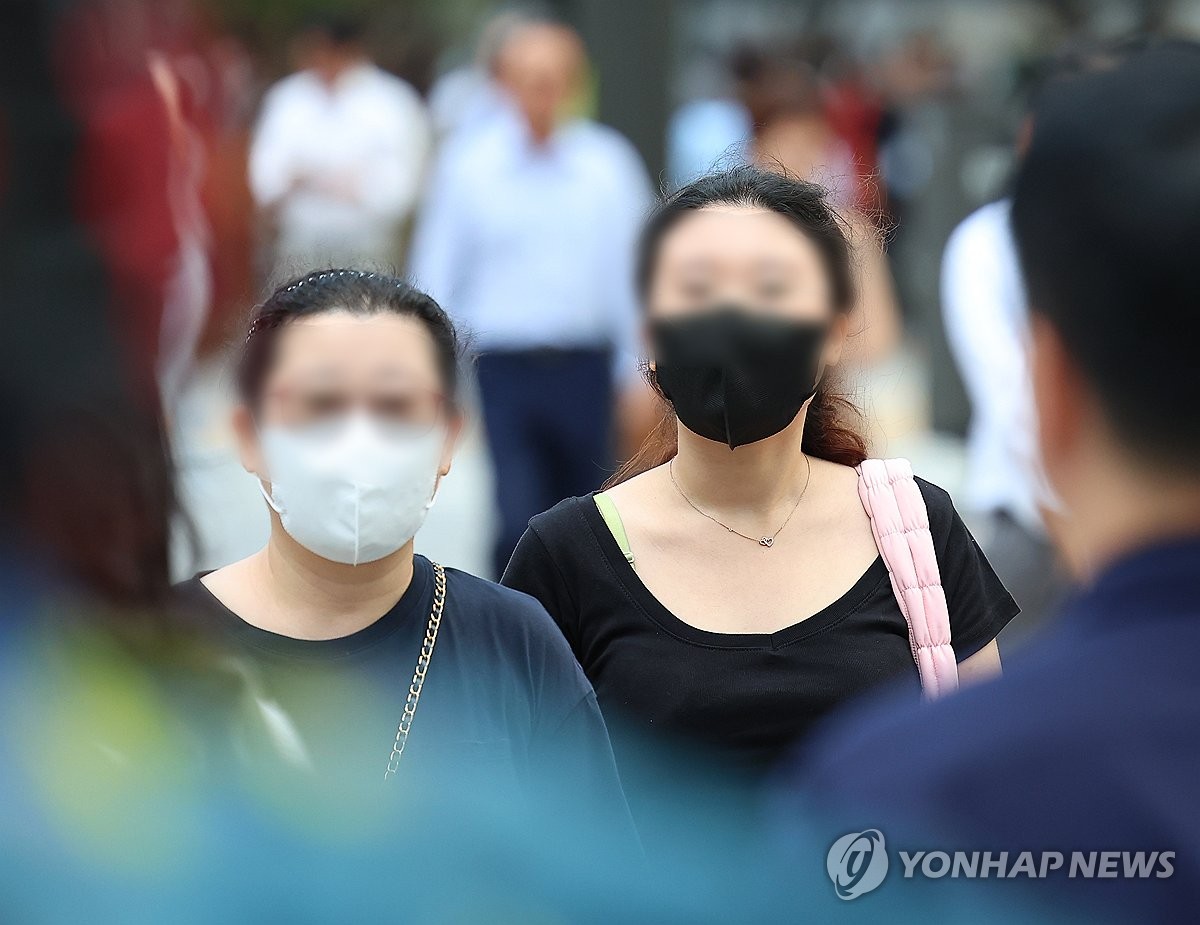As summer approaches, trauma surgeons at Banner Wyoming Medical Center are preparing for what healthcare professionals across the state refer to as “trauma season,” K2 Radio reports.
With warmer weather comes a rise in outdoor activities, travel, and recreation—leading to a predictable increase in injury-related hospital visits. As Wyoming’s only Level II Trauma Center, the hospital in Casper plays a key role in providing advanced care statewide.
Led by Dr. Ben Kautza and Dr. Nathan Manley, the trauma team at Banner Wyoming Medical Center is equipped to handle a broad range of injuries. Dr. Kautza, who joined the hospital in late 2023, serves as medical director of the trauma program and chairs the Committee on Trauma for the State of Wyoming. A native of rural Wisconsin, he says Wyoming’s landscape and community remind him of home and inspired his commitment to building a robust trauma center.
Dr. Manley, a Wyoming native from Cody, returned to the state in 2024 after years of medical training and service, including time in the Peace Corps and the US Air Force. His career has taken him from Laramie to Memphis to Birmingham, but he says Casper provides the balance of community and professional challenge he was seeking.
Despite its Level II designation, the trauma center often functions at a higher capacity due to Wyoming’s unique geographic and demographic needs. Unlike urban trauma centers, which often transfer pediatric or specialty cases, the Casper team treats patients of all ages with a wide range of injuries.
Dr. Manley explains, “In a big city, you never take care of pediatric trauma because there’s a pediatric center nearby. Here, we do.”
The trauma service provides around-the-clock coverage, supported by surgeons from Wyoming Surgical Associates and Precision Surgical, as well as a team of advanced practice providers. The hospital also offers comprehensive services including intensive care, neurosurgery, orthopedic care, and physical rehabilitation.
Transportation challenges are an ongoing concern in Wyoming’s rural and often weather-restricted environment.
“You’ll have this bluebird sky day, but it’s too windy and the helicopter can’t fly,” Dr. Kautza noted.
Still, fewer than 3% of trauma cases require transfer to out-of-state or larger facilities.
Hospital leadership has prioritized trauma care as a strategic focus, recruiting committed providers and continuously improving systems. A dedicated performance improvement team reviews every trauma case, ensuring high standards of care are maintained.
Prevention efforts are also central to the hospital’s trauma strategy. The team offers programs to prevent falls among seniors, delivers educational outreach to youth on avoiding risky behaviors, distributes safety gear to children, and offers public courses like Stop the Bleed.
“Our goal is to prevent people from ever needing a trauma surgeon,” said Dr. Kautza.
Both surgeons say they’ve found both professional fulfillment and personal happiness in Casper. Dr. Manley describes it as “a big, little city,” and Dr. Kautza enjoys being minutes from both wilderness and family-friendly amenities.










The latest news in your social feeds
Subscribe to our social media platforms to stay tuned